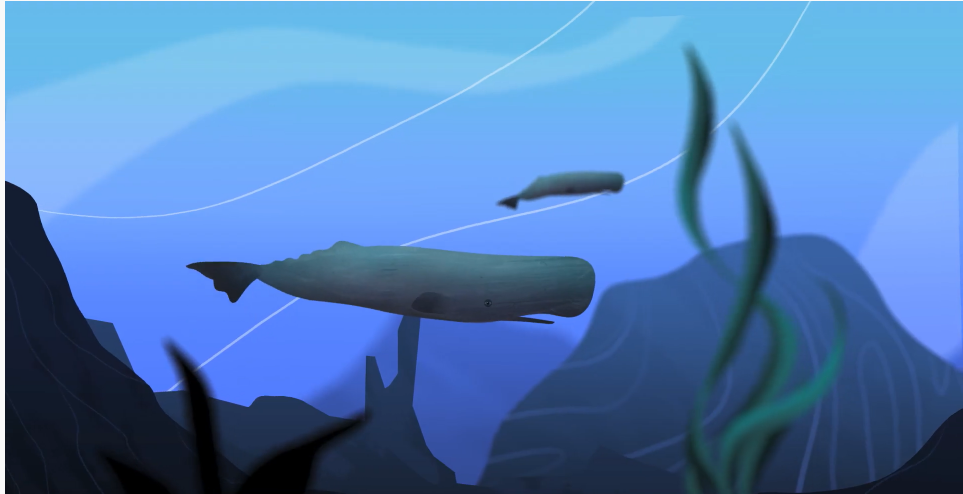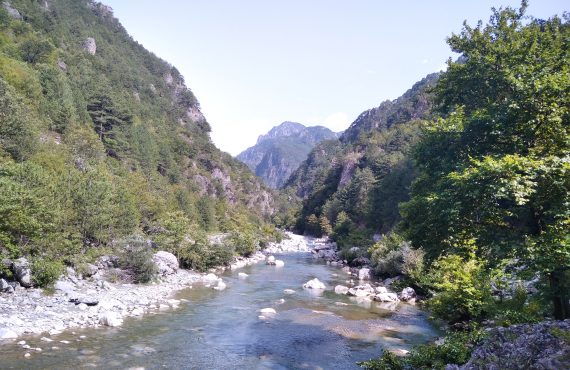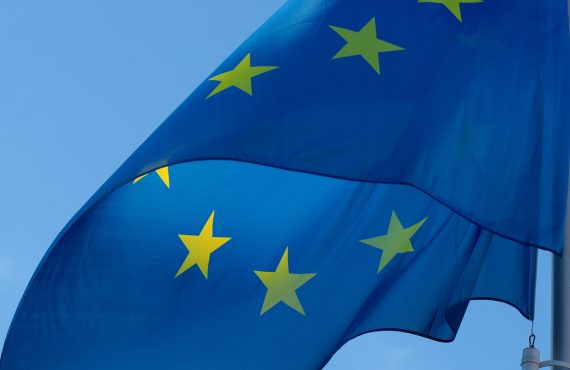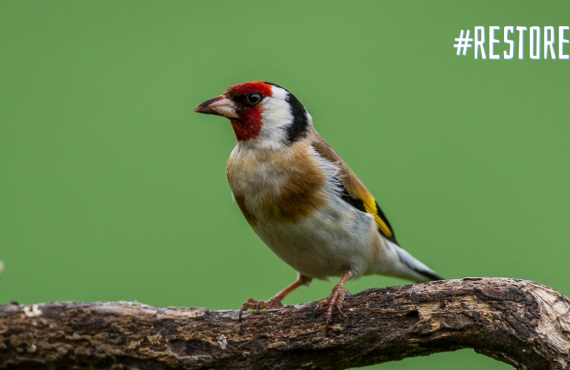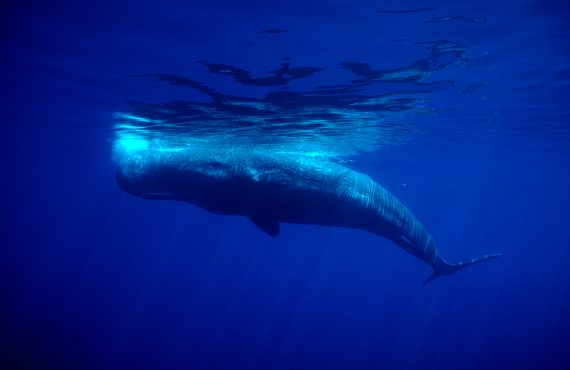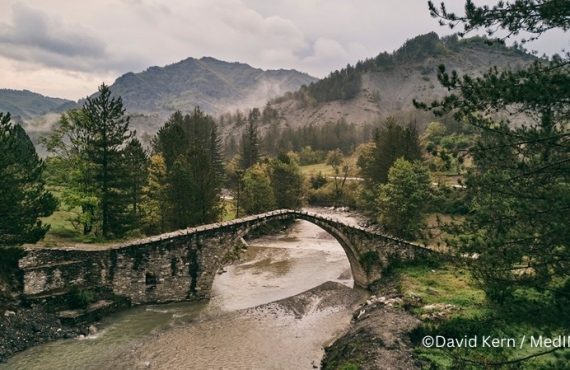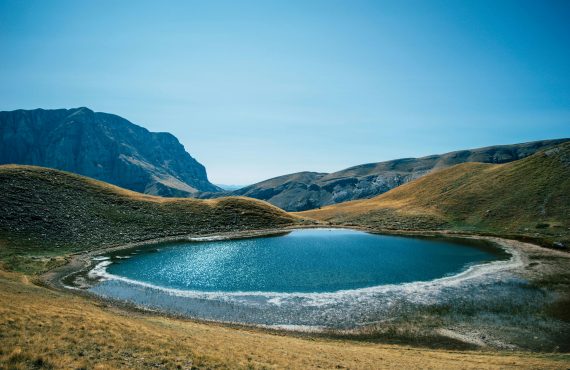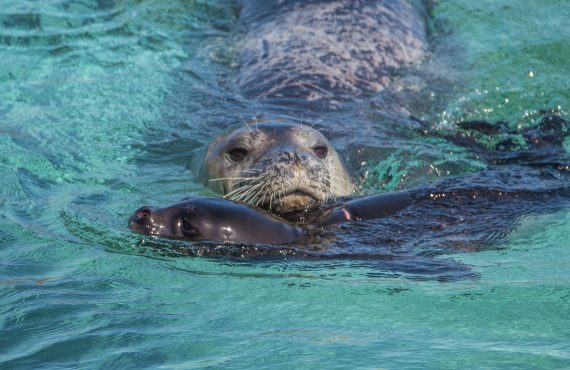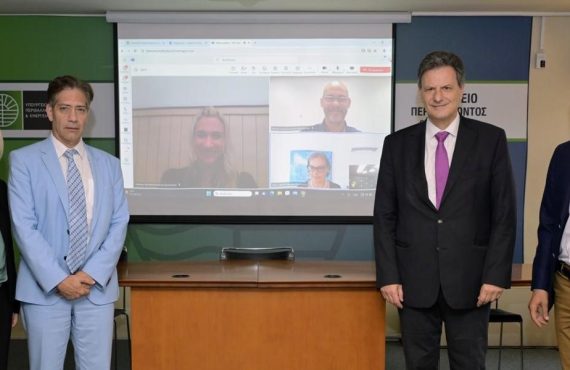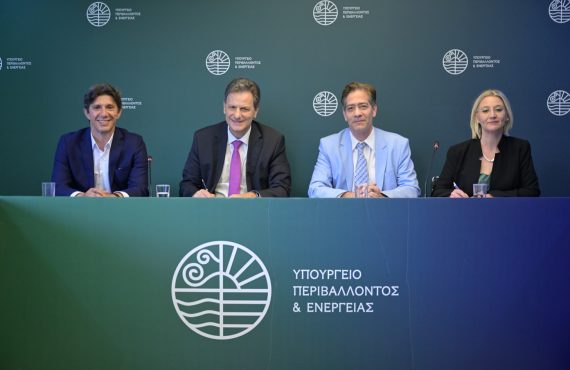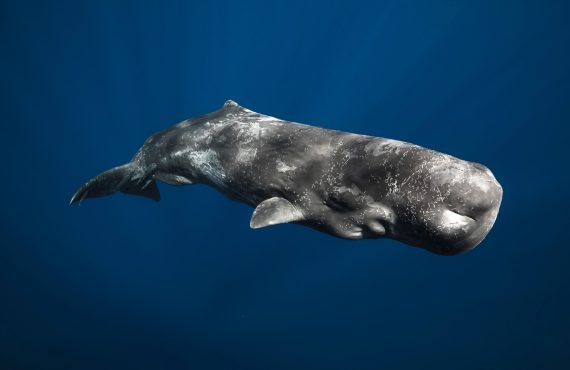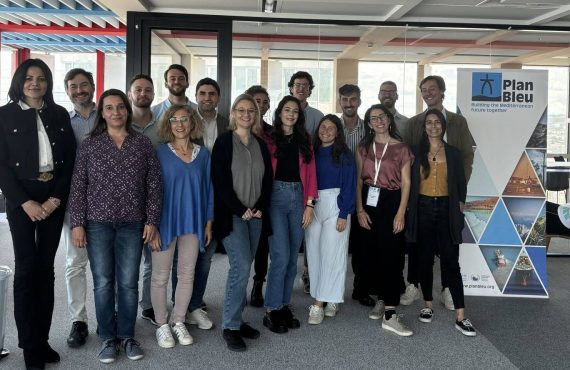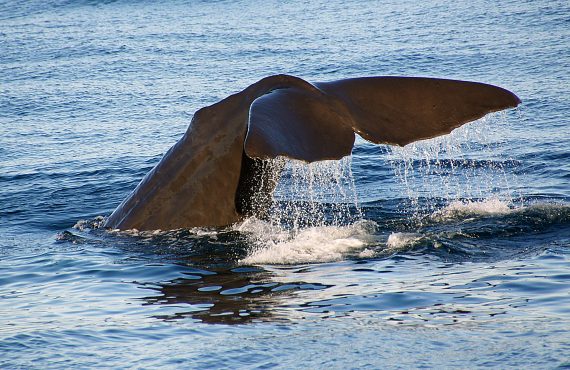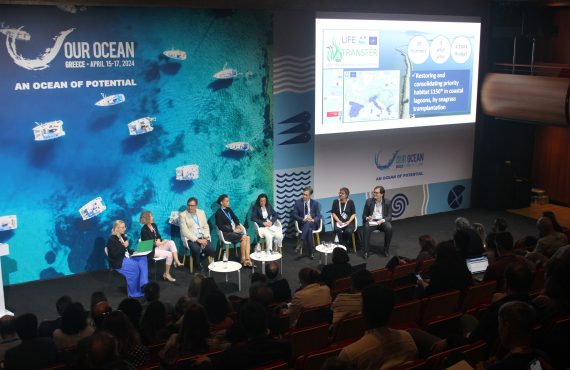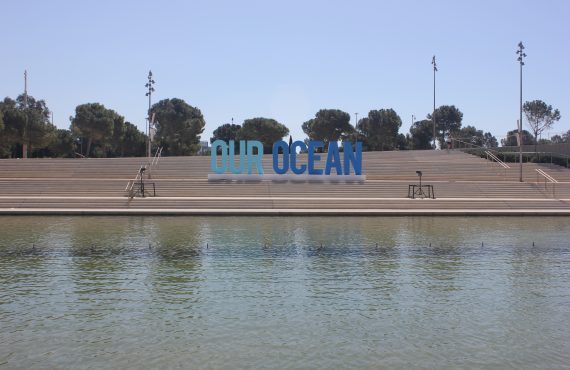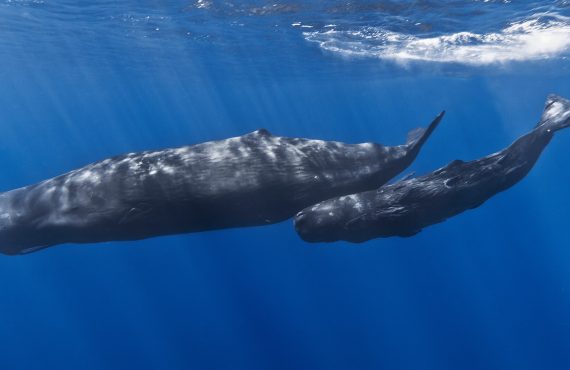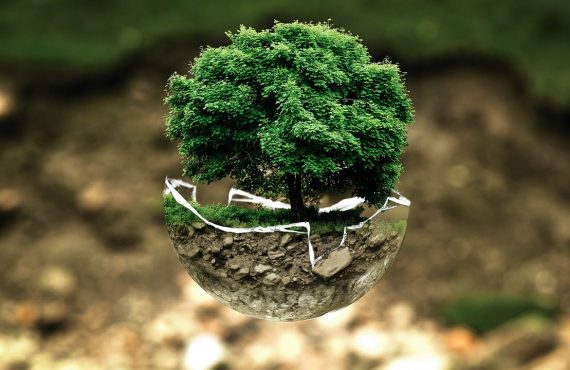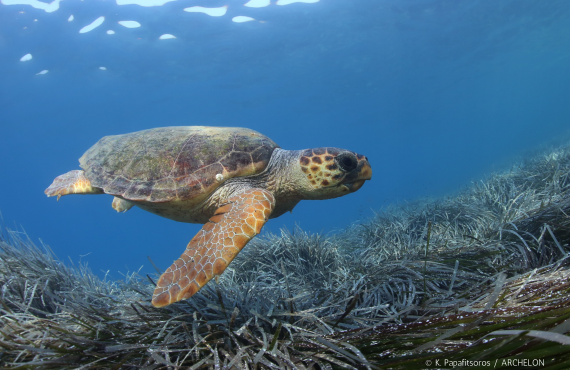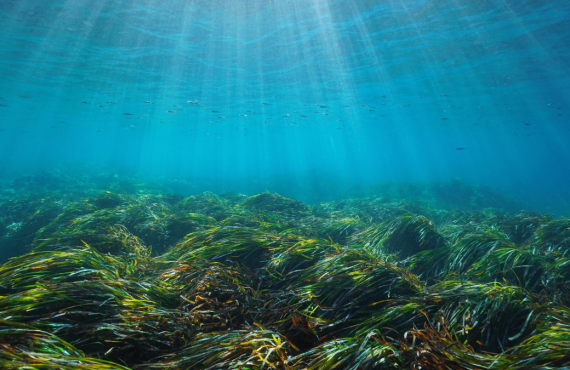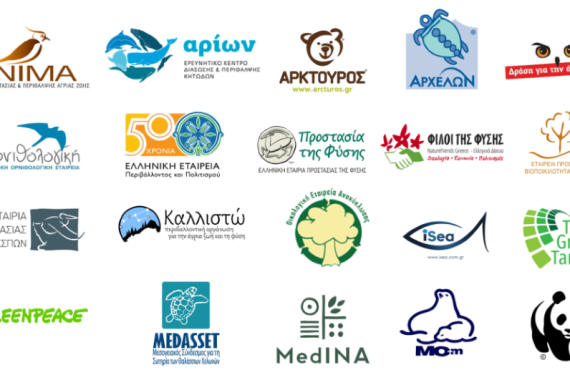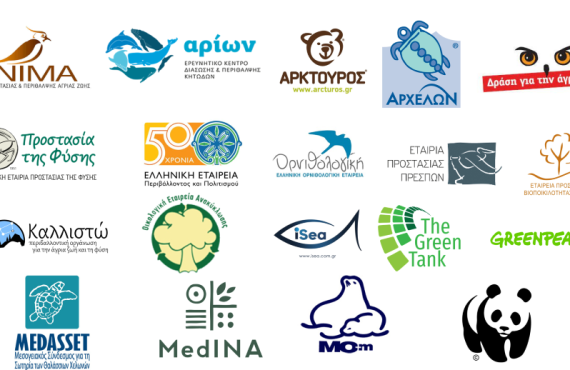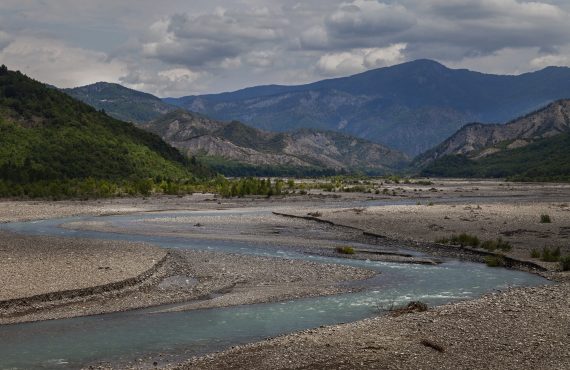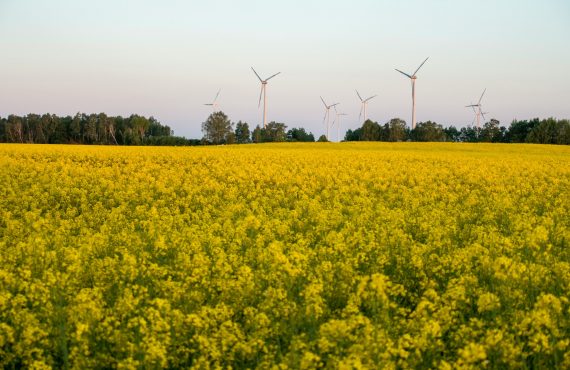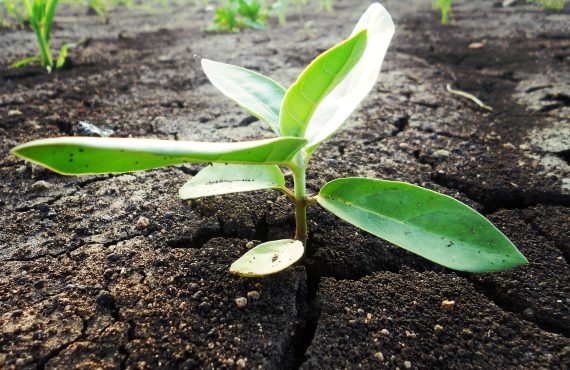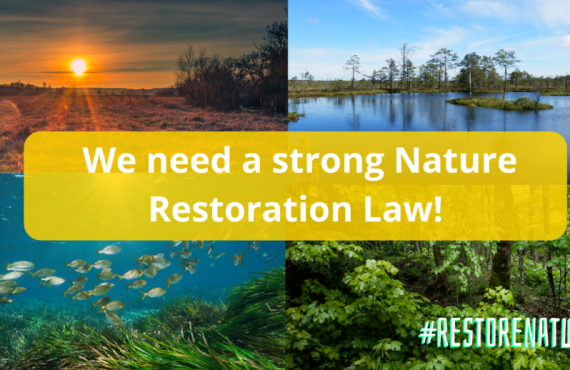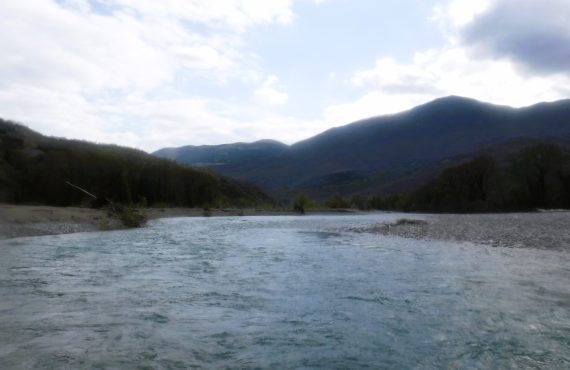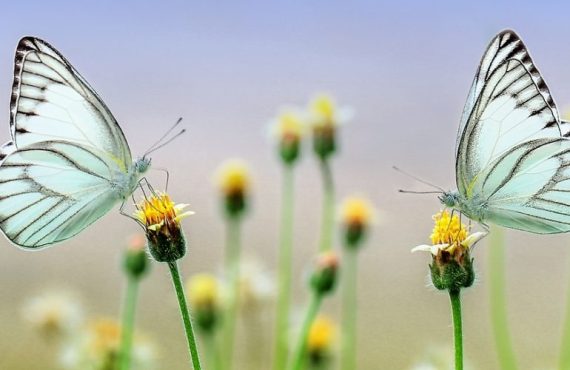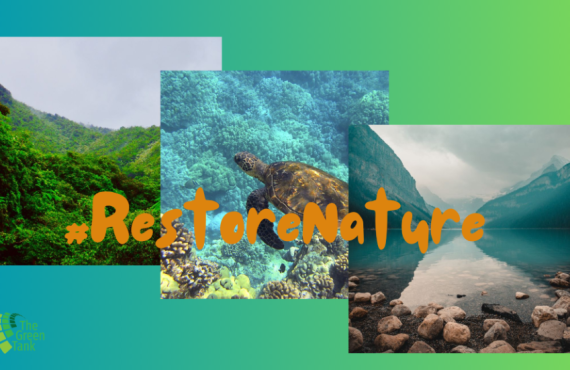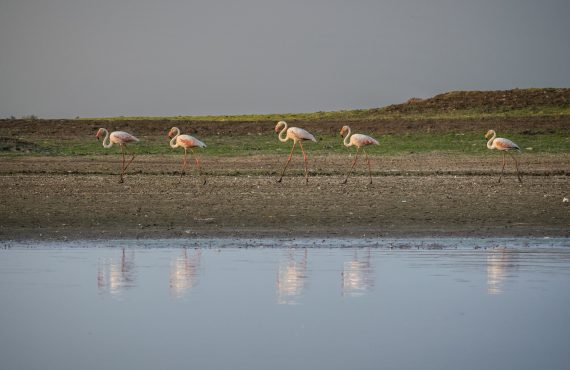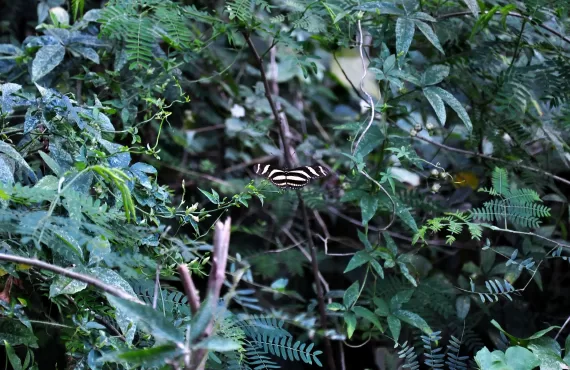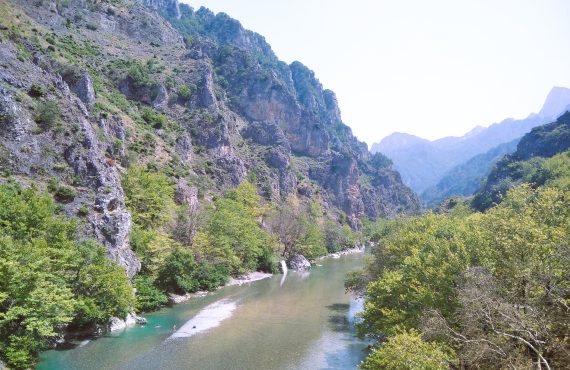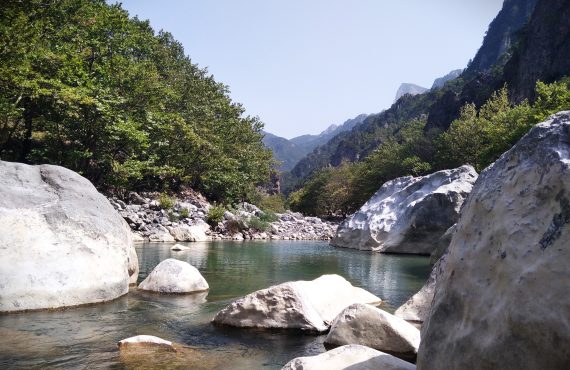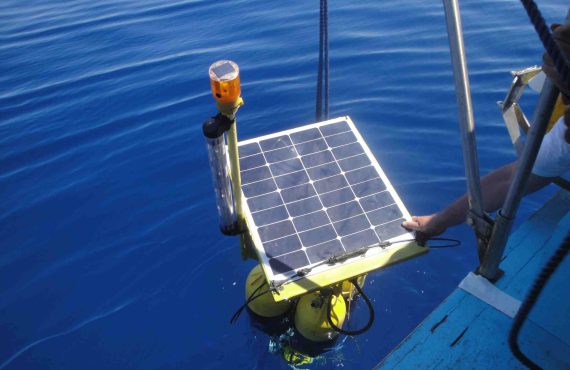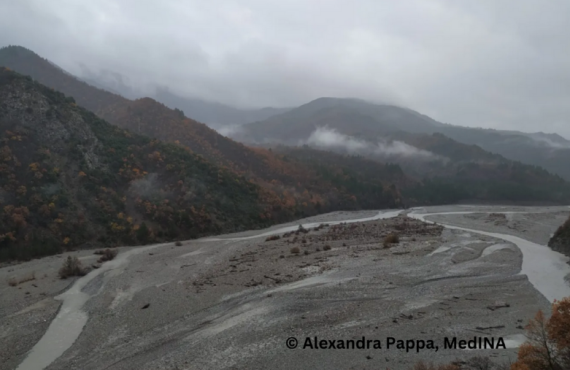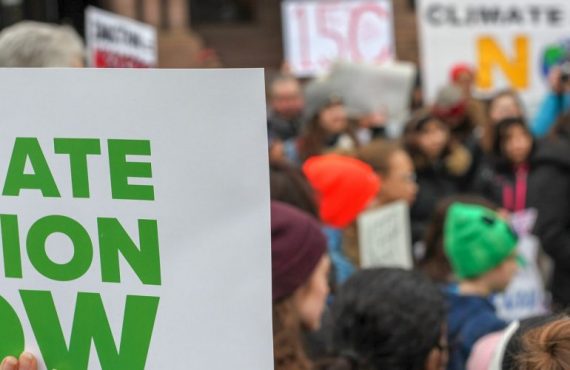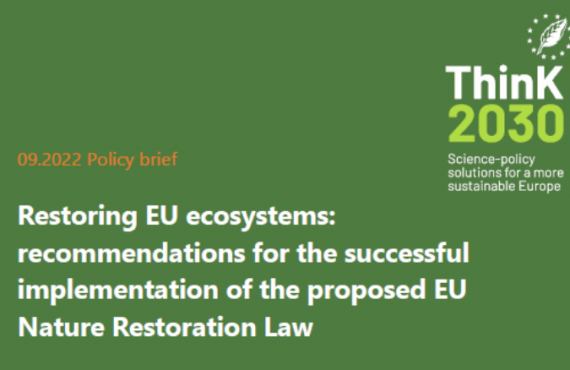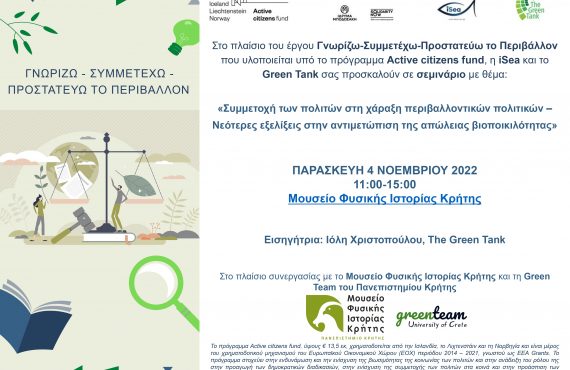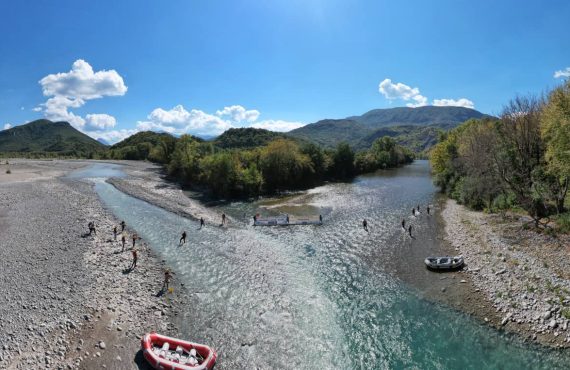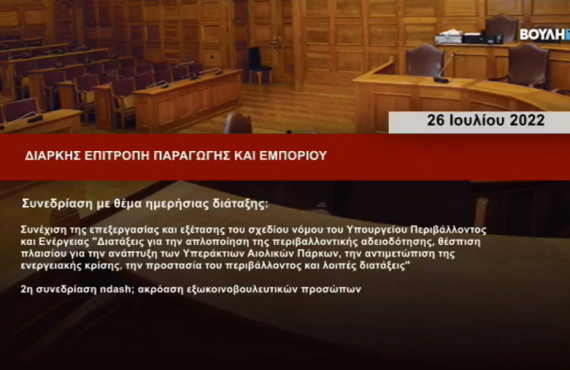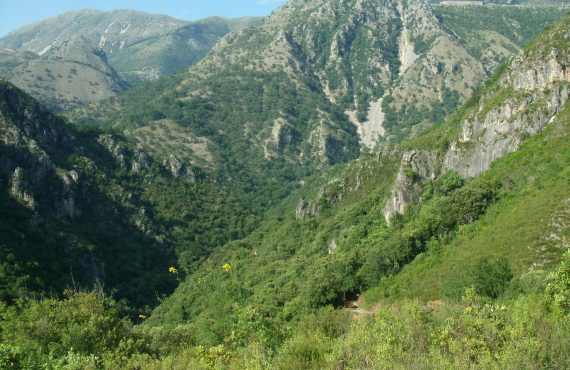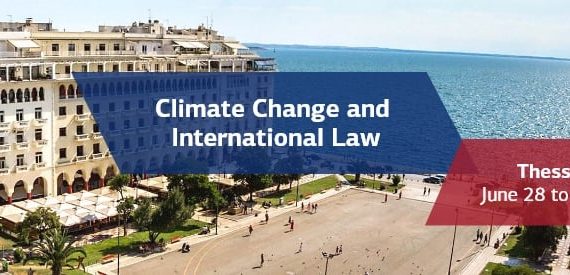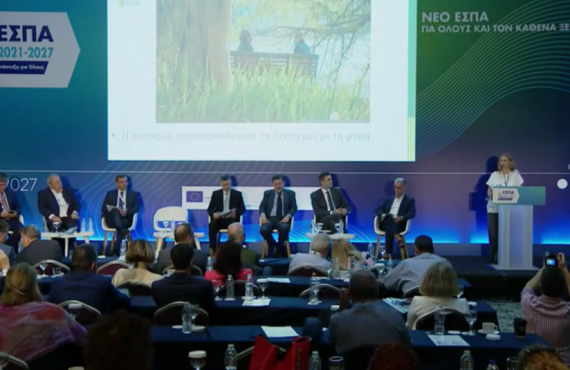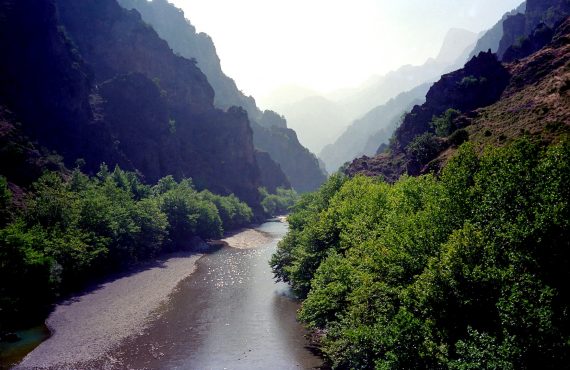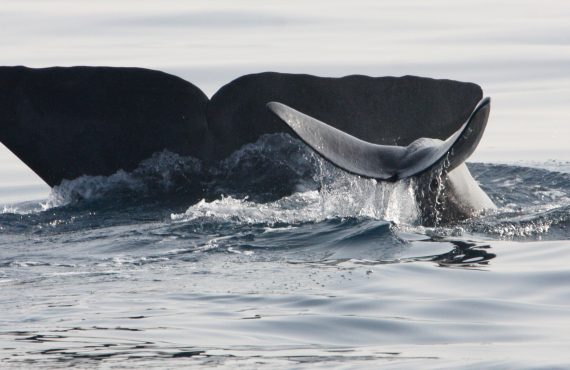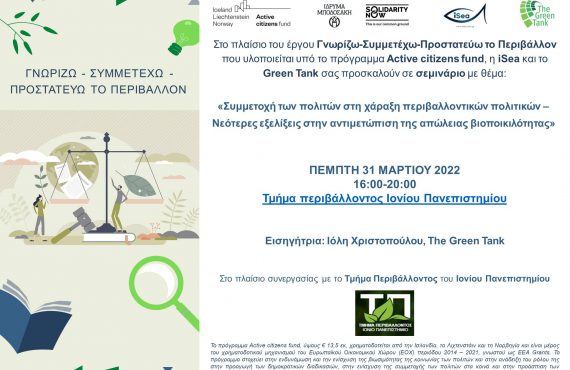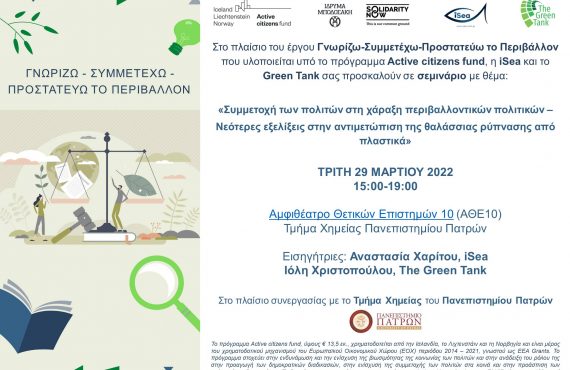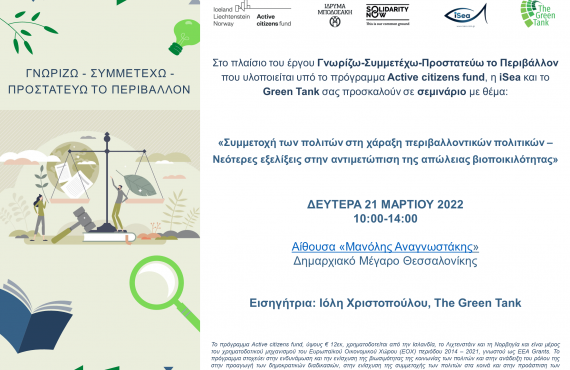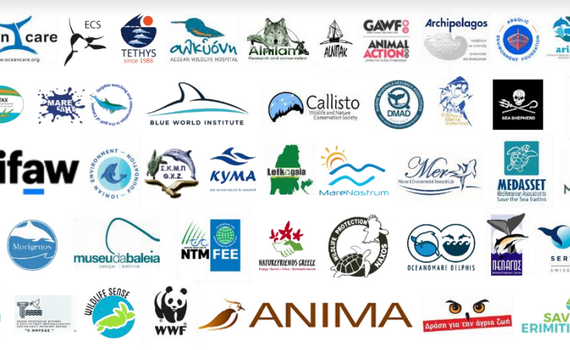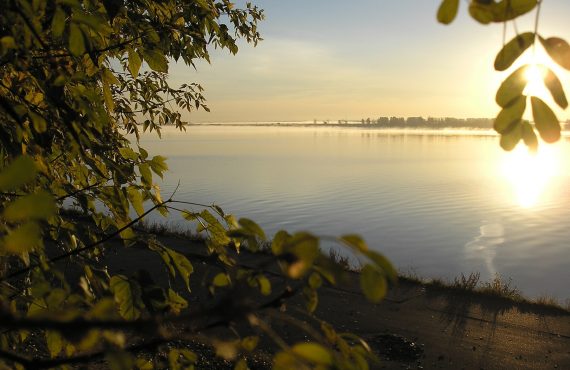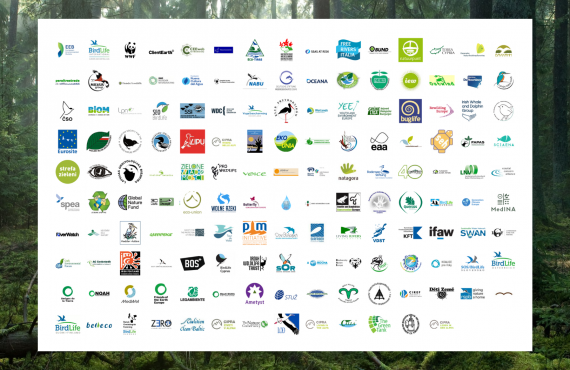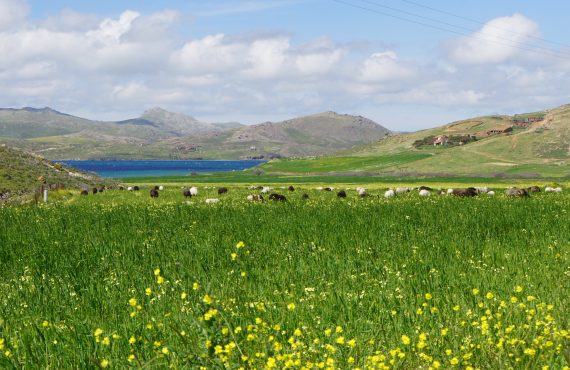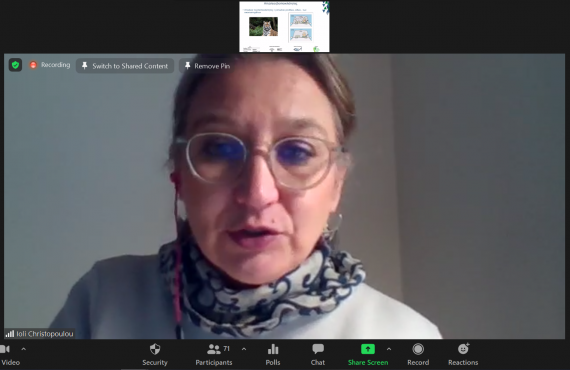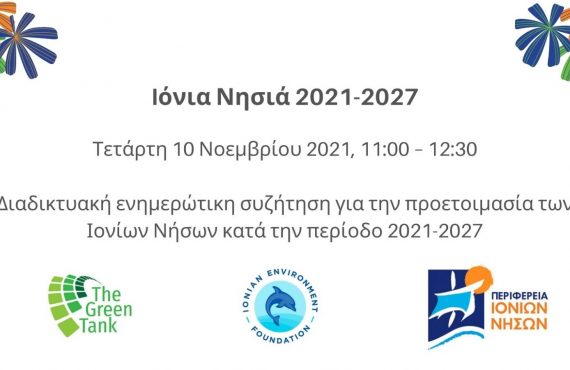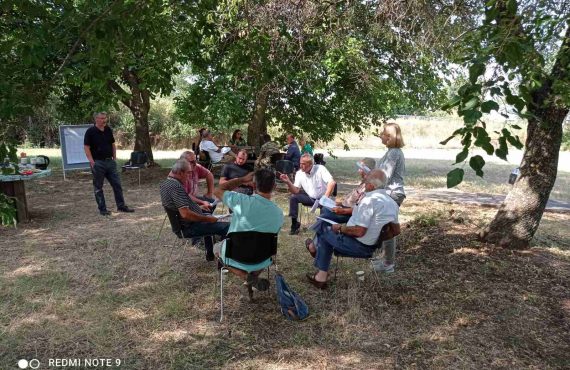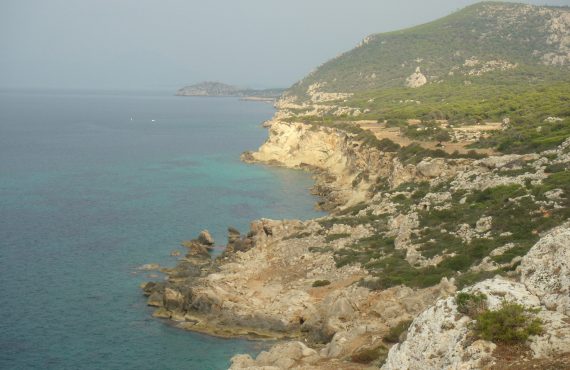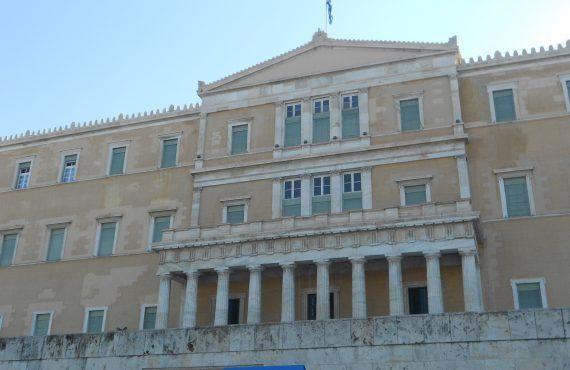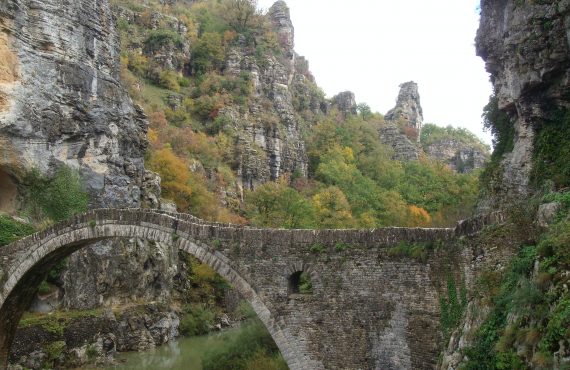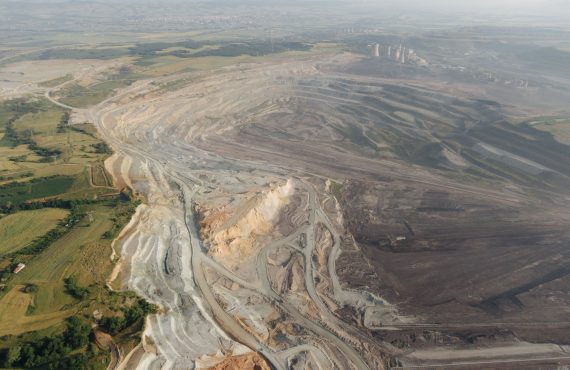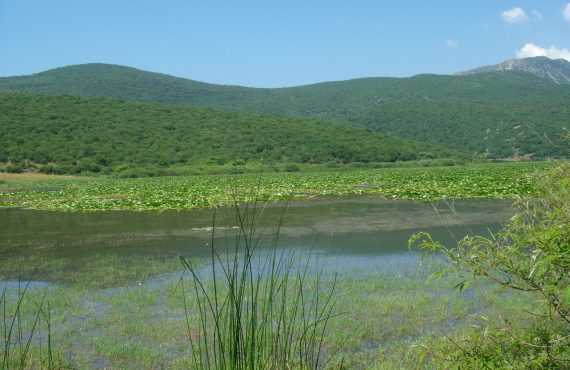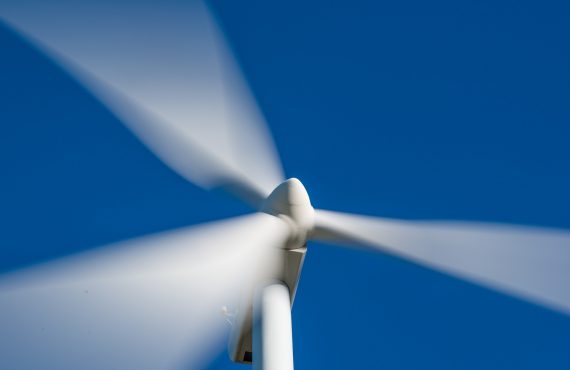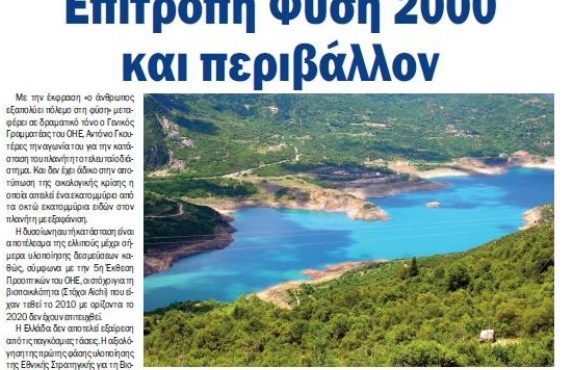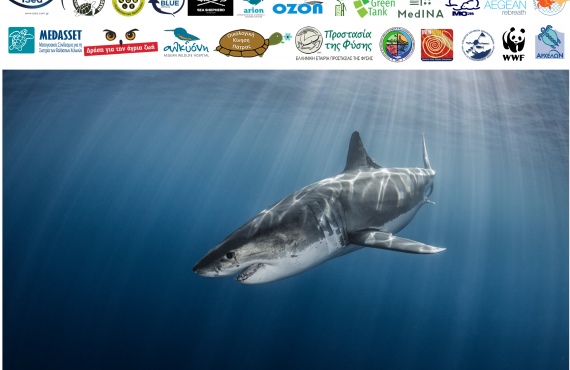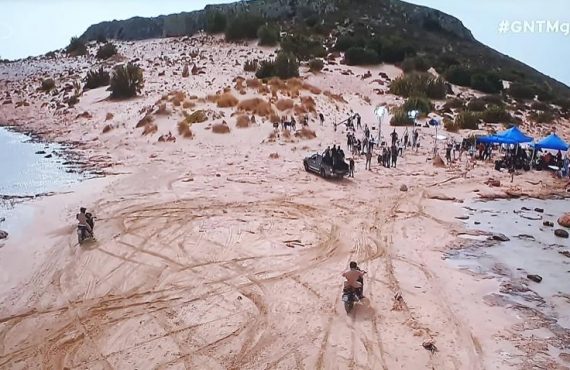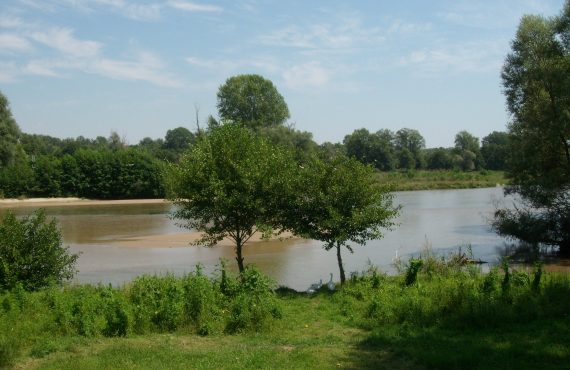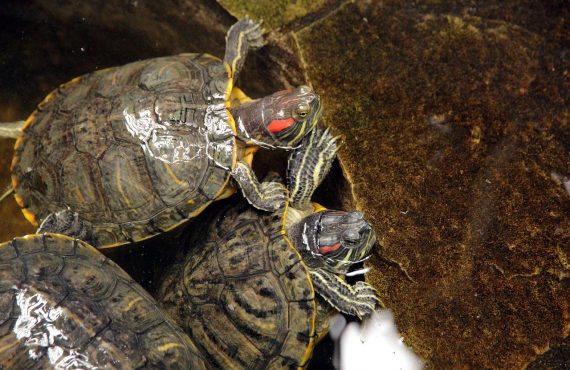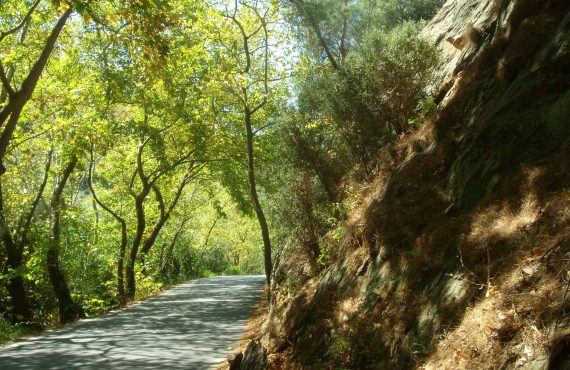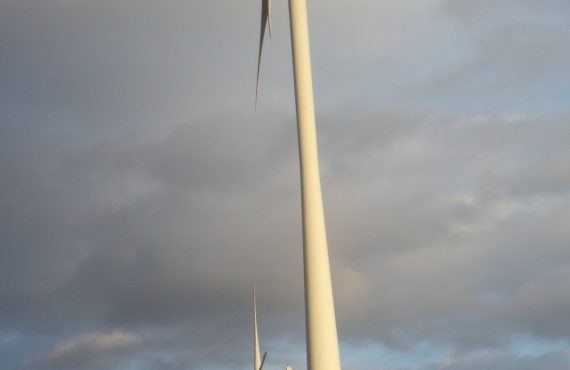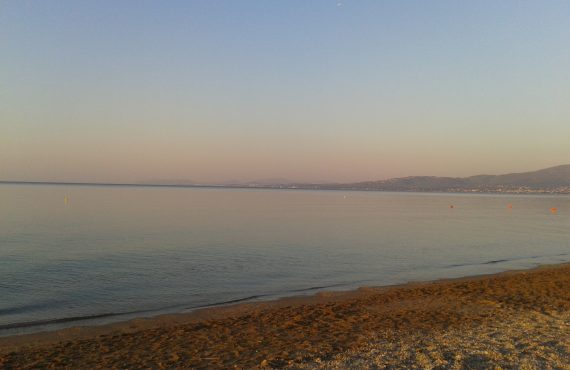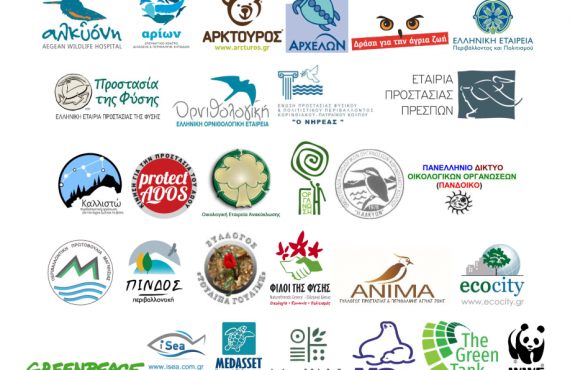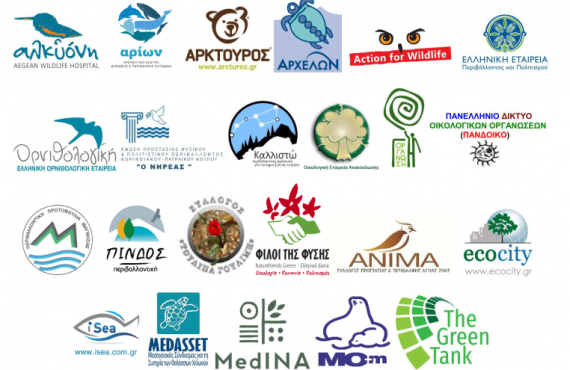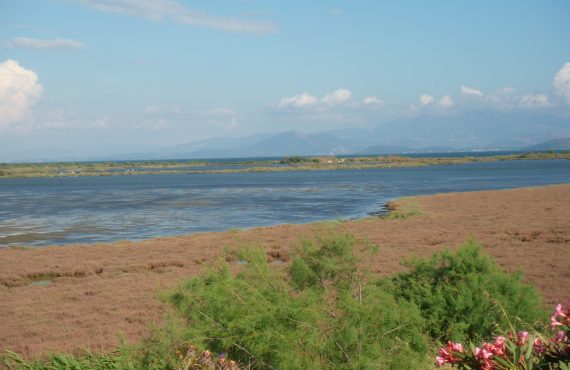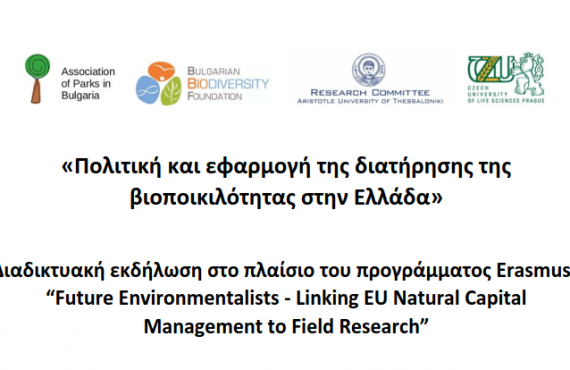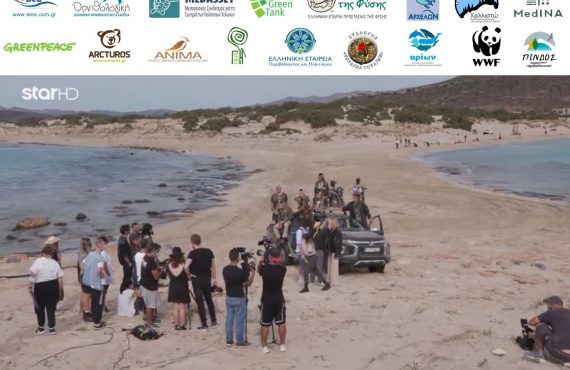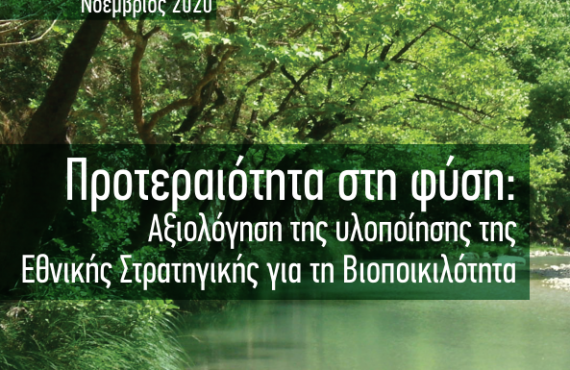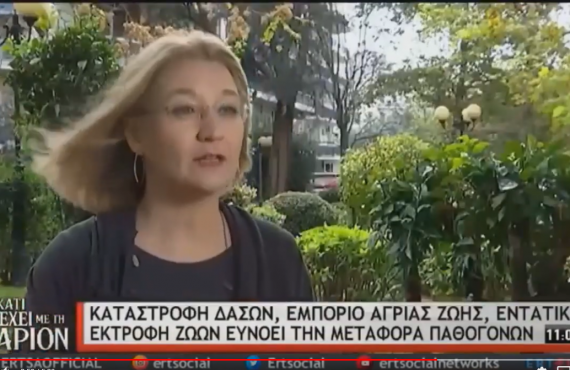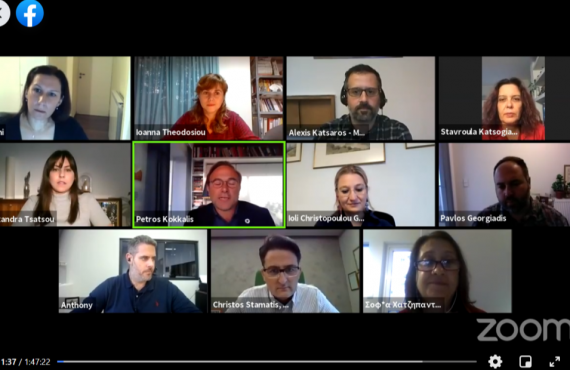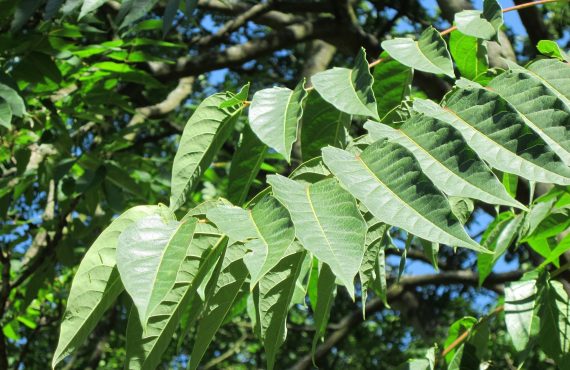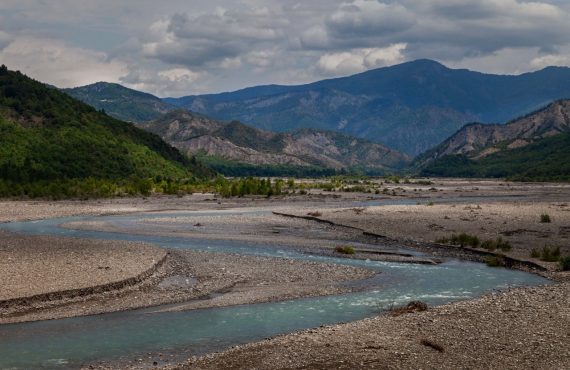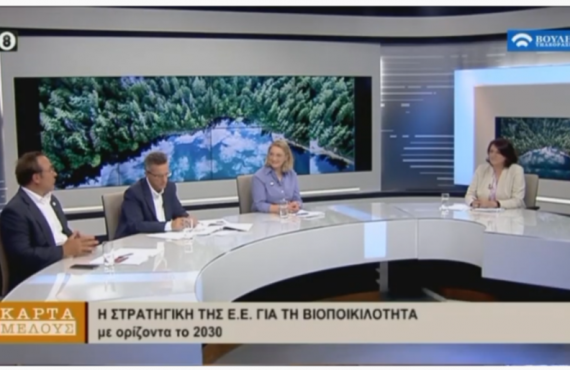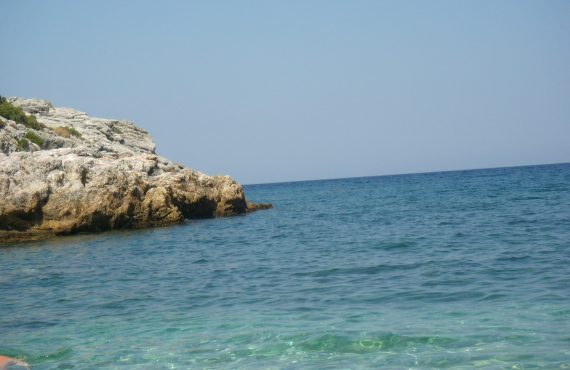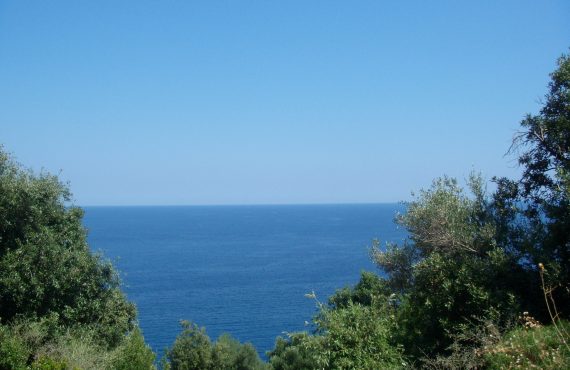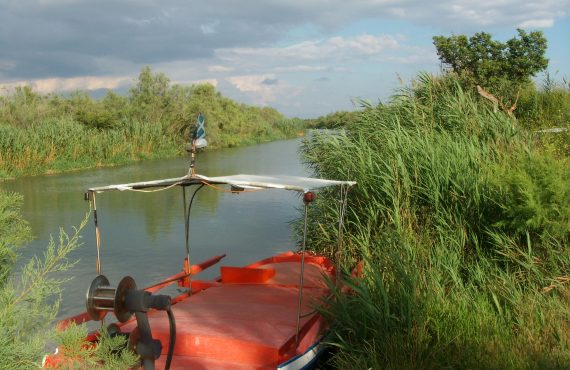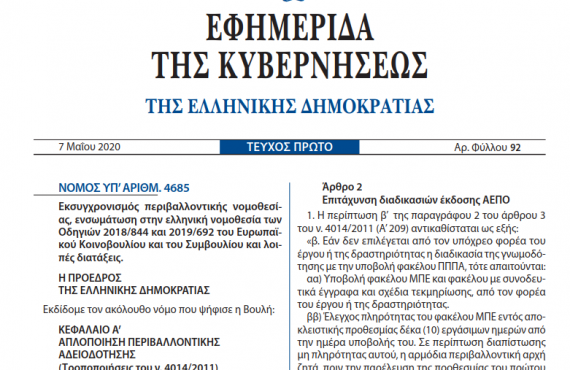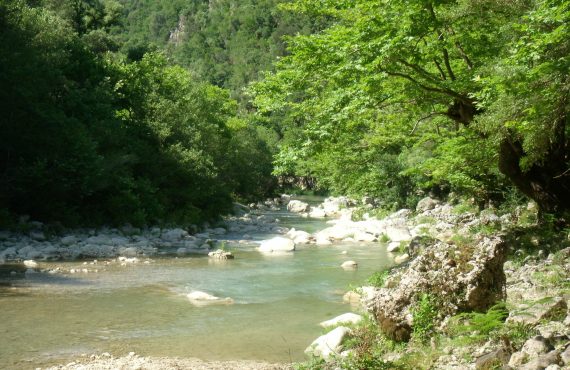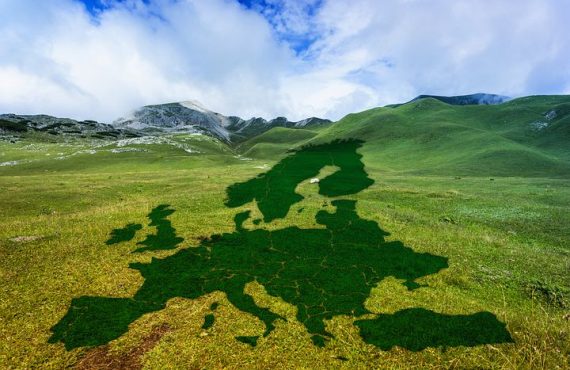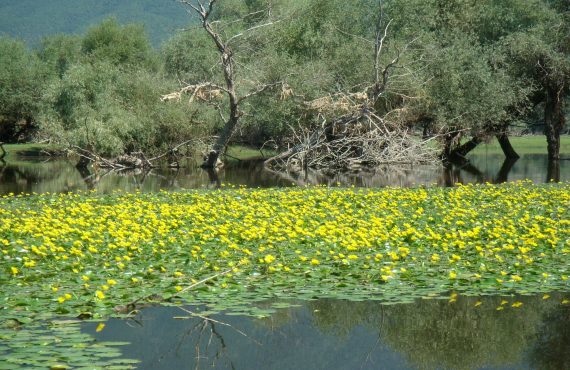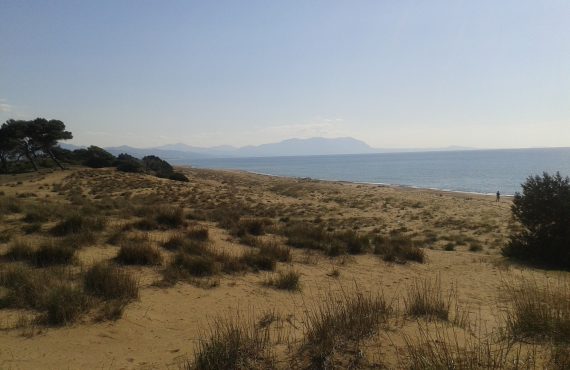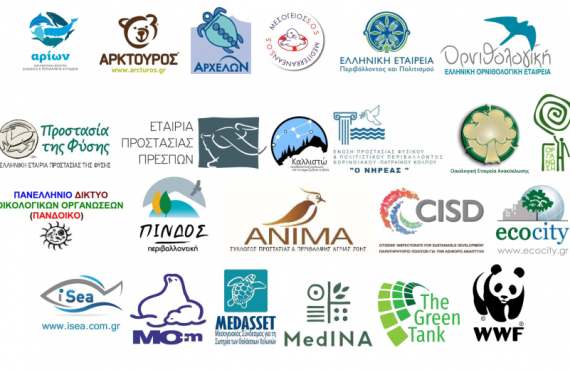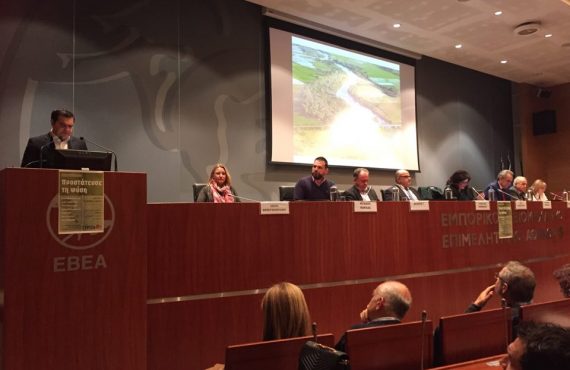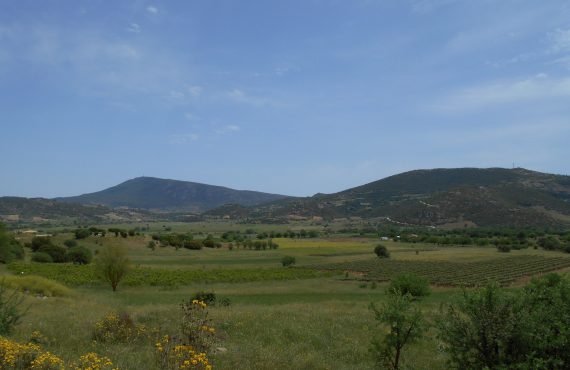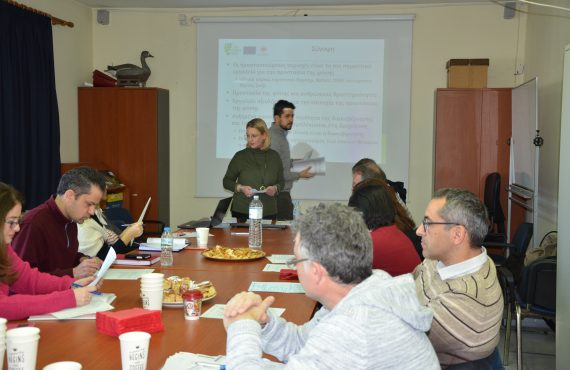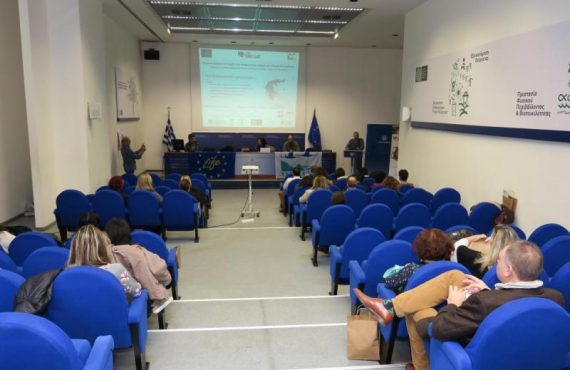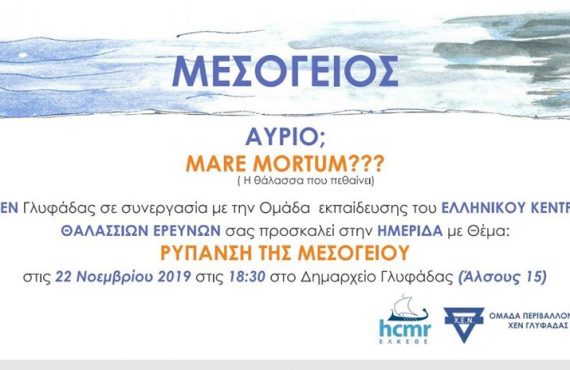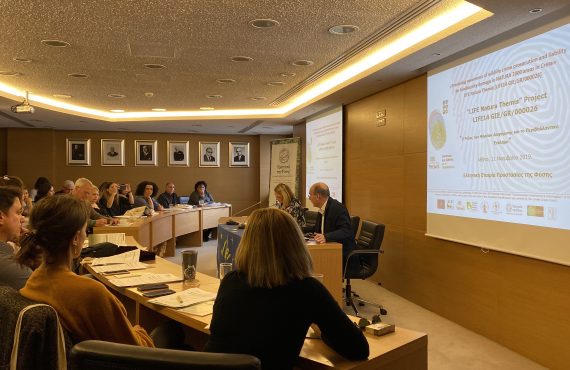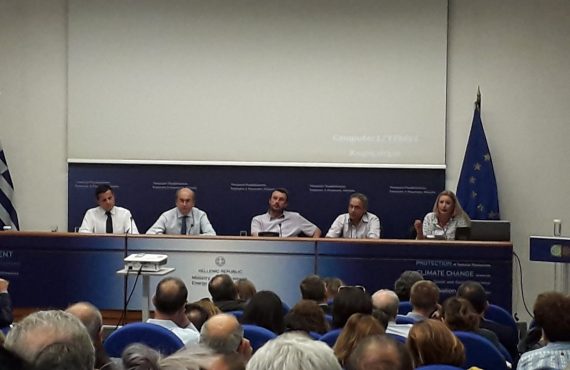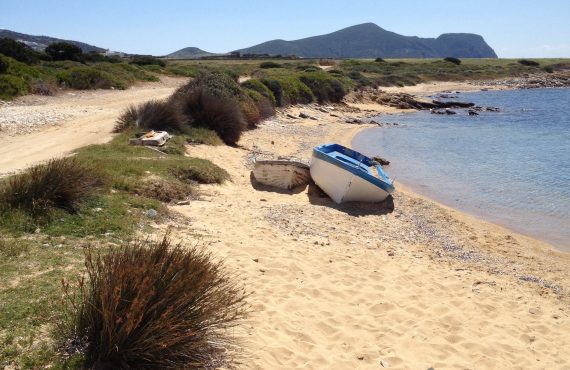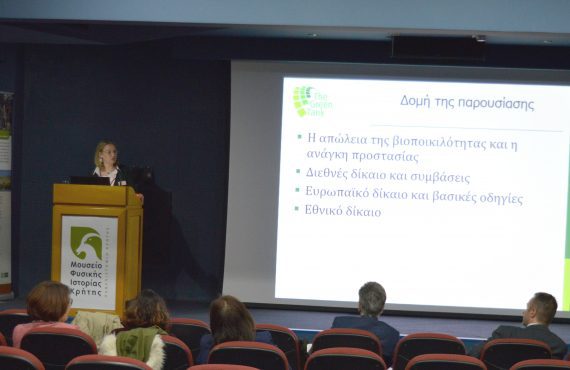JOINT PRESS RELEASE

From 29 November to 02 December 2022, the 8th Meeting of ACCOBAMS, the Agreement for the Conservation of Cetaceans in the Black Sea, the Mediterranean and the Contiguous Zone of the Atlantic, will take place in Malta. There, representatives of the 24 contracting states will consider measures for the conservation and protection of cetaceans. Among them is the Eastern Mediterranean population of sperm whales, currently listed as “Endangered” on the IUCN Red List. The main cause is collision with passing ships.
The meeting will consider developments in mitigating this threat. Already previous ACCOBAMS decisions and resolutions have emphasized the need for action, focusing on shifting ship routes. The use of smart technology with the SAvE Whales pilot system is added to these measures, which will be presented to the international community at a special event during the 8th ACCOBAMS Meeting, where OceanCare’s informative video animation “SAvE Whales – Protecting sperm whales from collisions with ships” will be shown.
The video animation tells the story of SAvE Whales (System for the Avoidance of ship-strikes with Endangered Whales), a world-leading technology that detects sperm whales and transmits their exact location to passing ships in real time to avoid a collision. It uses autonomous acoustic stations at sea powered by solar energy.
This is a milestone in the protection of cetaceans as it complements other actions to protect sperm whales.
“It is known what needs to be done. Now action has to be taken. Re-routing, slowing down and new technologies in high-risk areas where no re-routing is possible, can be the recipe for a success story. Policy makers and shipping sector needs to understand: we jointly can achieve the recovery of whale populations in the Mediterranean Sea.”, says Nicolas Entrup, Director for International Relations at OceanCare.
The development of the system was supported and funded by OceanCare and carried out by Greek researchers from the Institute of Applied and Computational Mathematics – FORTH (Greece) and the Pelagos Cetacean Research Institute (Greece), through collaboration with Marine Traffic, Green2Sustain and the CINTAL research centre – University of Algarve (Portugal). Having now confirmed its effective operation, OceanCare in collaboration with the Pelagos Cetacean Research Institute and The Green Tank are currently informing the relevant stakeholders about the contribution of such a system to the protection of the endangered sperm whales population.
Recognizing the need to protect cetaceans, an official delegation from Greece will participate in this year’s meeting.
“SAvE Whales is of particular interest to Greece as the Greek Trench is one of the very high-risk areas for collisions with sperm whales, as it is the core of their habitat and an area where many large ships move at much higher speeds than sperm whales. The area has been designated as a site of important marine mammal area (IMMA) and if we do not take the necessary measures quickly, the sperm whales population will become extinct in a few years.”, noted Alexandros Frantzis, Scientific Director of the Pelagos Institute of Cetacean Research.
“We see positively the mobilization of the Greek stakeholders with their participation in this year’s ACCOBAMS meeting and we hope that they will use all available opportunities for the protection of the sperm whales. SAvE Whales is a mature option, especially for those locations, such as the Straits of Kythira, where the implementation of other measures, and particularly the diversification/redirection of vessel routes is not feasible.”, said Ioli Christopoulou, Policy Director at The Green Tank.
OceanCare’s video animation “SAvE Whales – Protecting sperm whales from ship collisions” is available at OceanCare’s channel on YouTube and you may watch it here:
Notes:
- The video is also available in Greek as well as in German and Spanish.
- The special event is organised by IFAW, OceanCare, WWF Greece and the Pelagos Institute of Cetacean Research and will take place on Thursday 1 December 2022. More information is available at this link.



